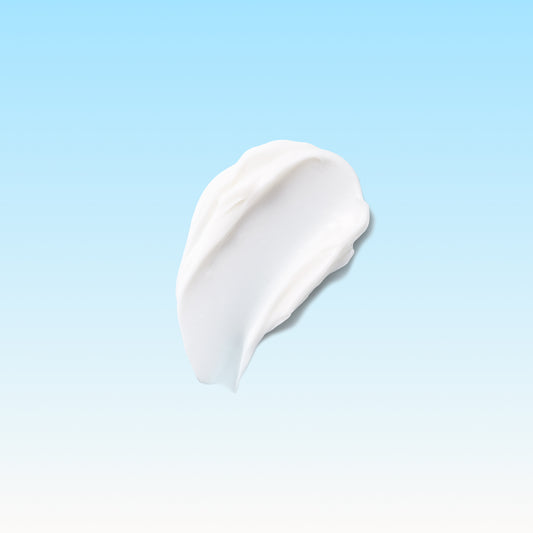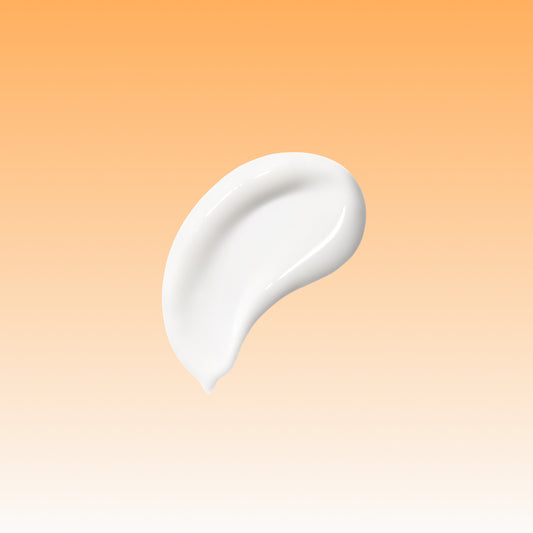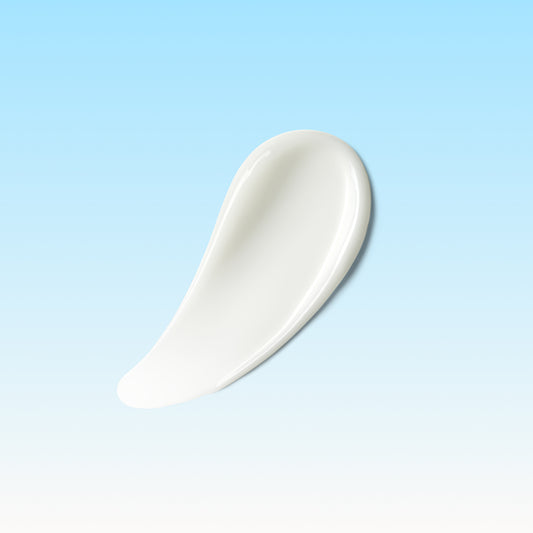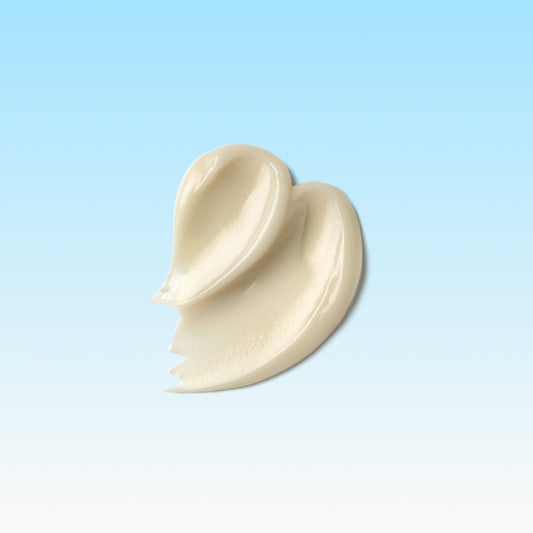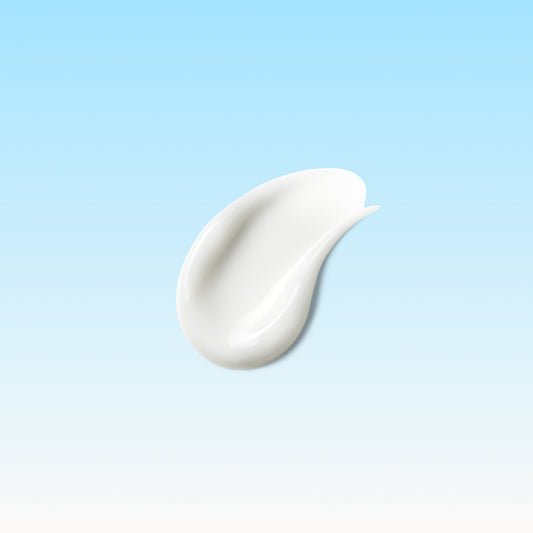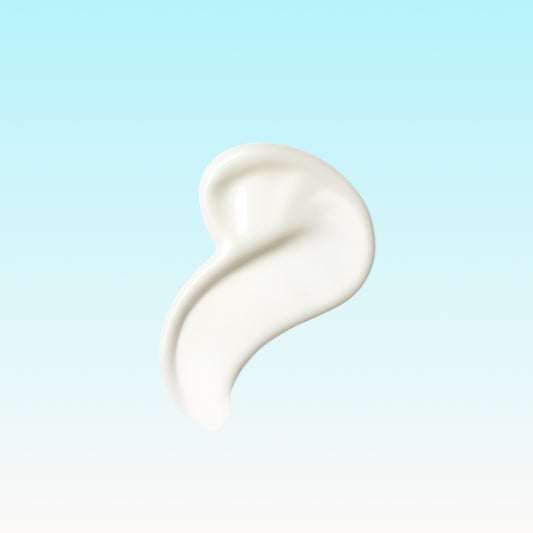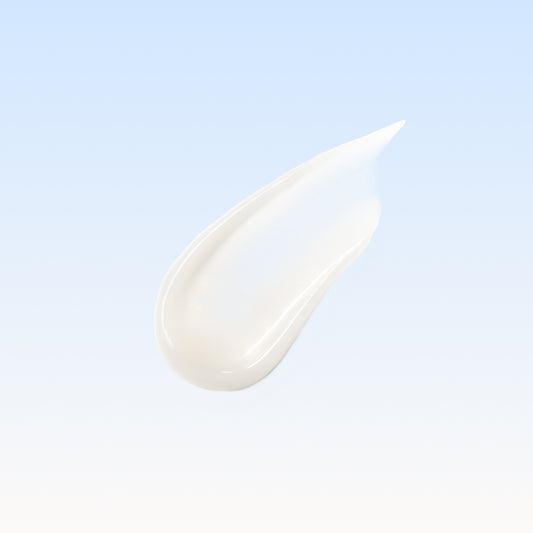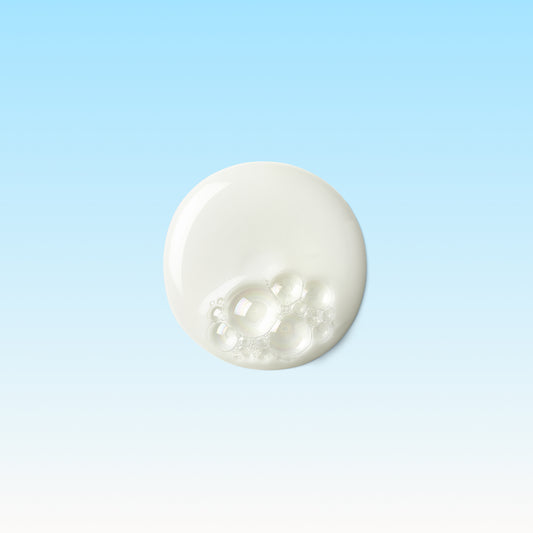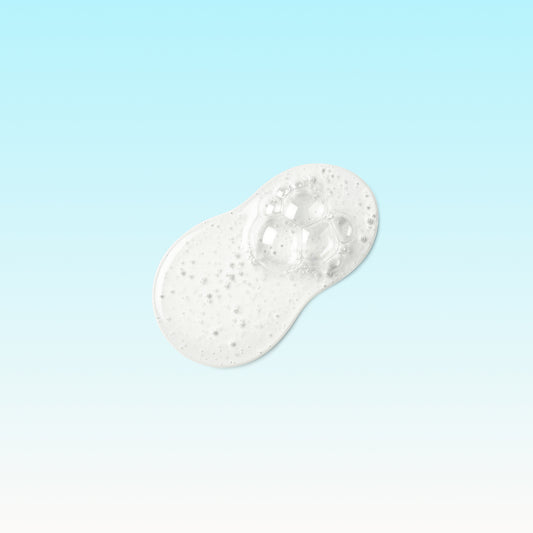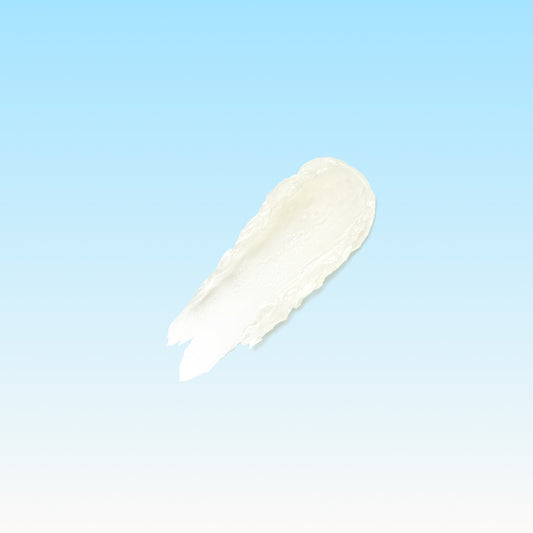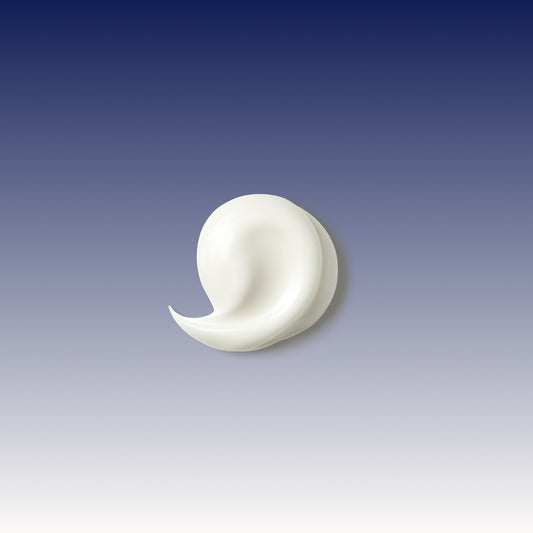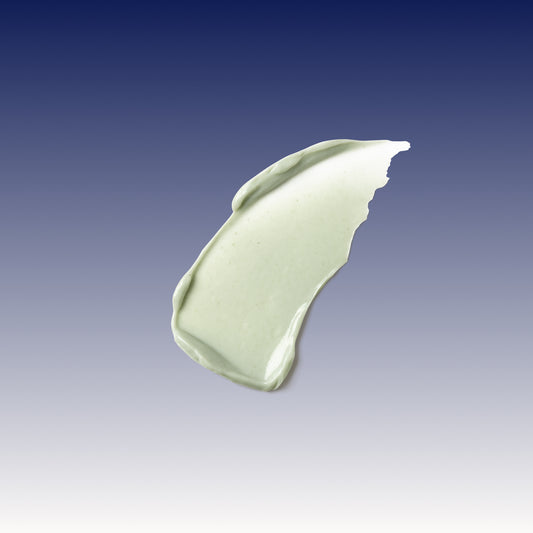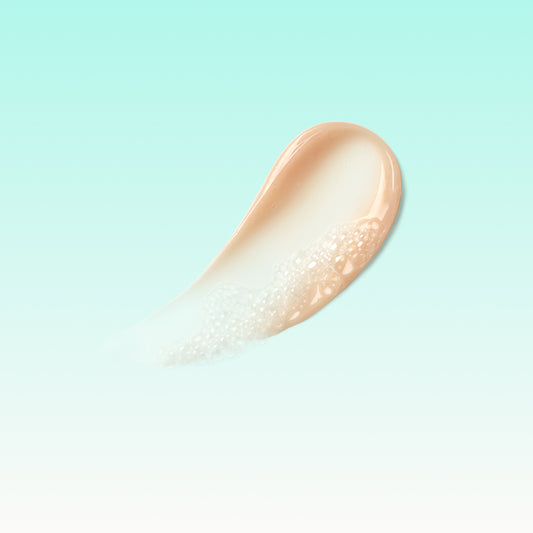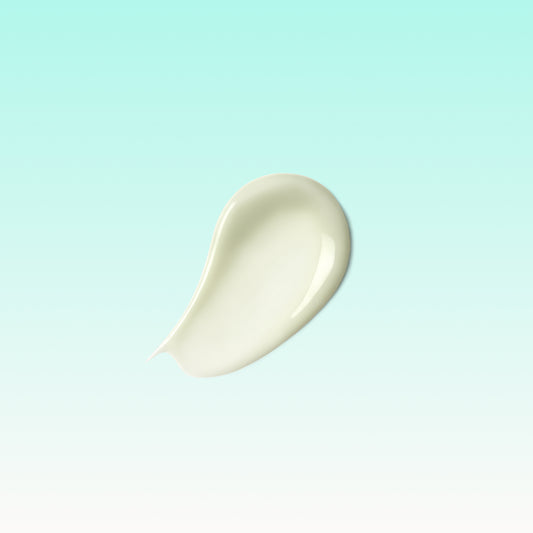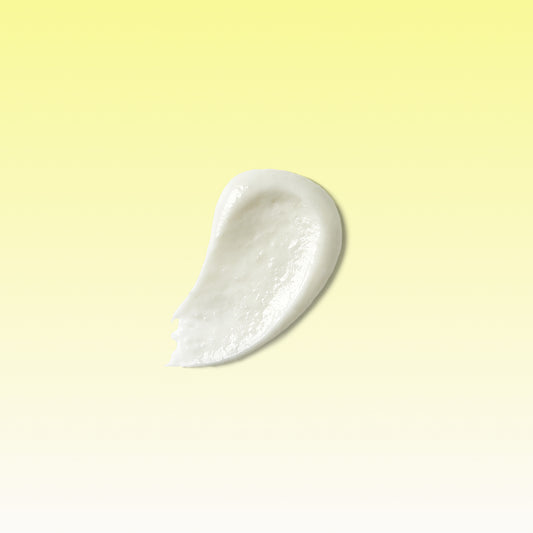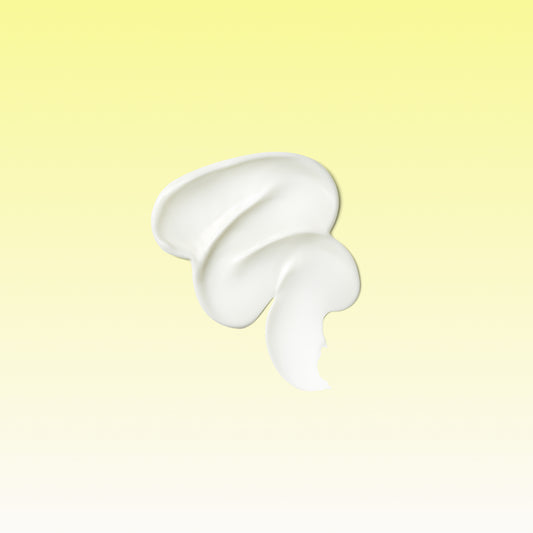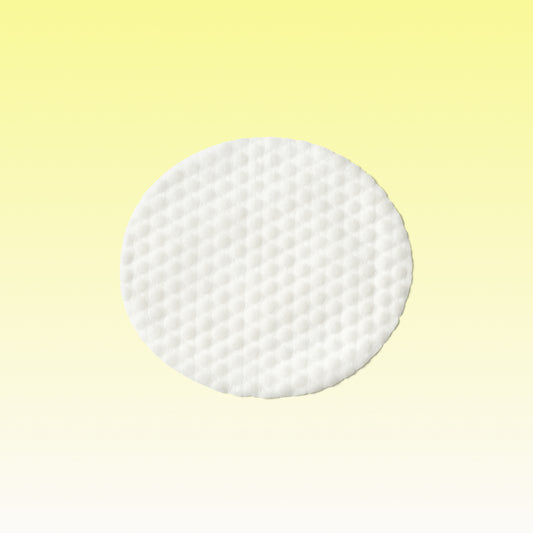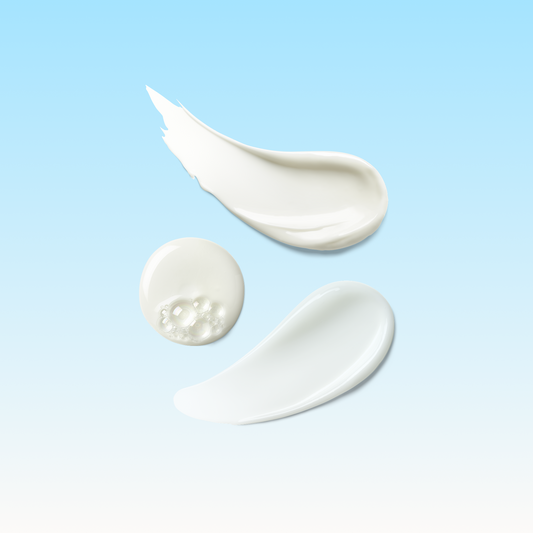We believe that the whole is greater than the sum of its parts…

If you or someone you love has ever struggled with eczema, then you will know that colloidal oatmeal does not resolve the problem. Let’s be honest, if colloidal oatmeal, on its own, actually helped to resolve eczema flare-ups, then why would organizations and websites like The National Eczema Society exist as places for people to share stories, exchange remedies and mobilize in the search for an effective product to treat eczema outbreaks. Colloidal oatmeal has been around for decades.… centuries in fact. It is readily available, affordable and in virtually every over-the-counter eczema product on the market.
If it were a panacea, then eczema would be easily treated. Anyone who struggles with eczema knows that outbreaks of eczema are, in fact, not easily treated.
So, what gives? Yes, colloidal oatmeal is an important part of a non-steroid, topical eczema remedy. It has been proven to help relieve itching and irritation. It is a key active ingredient that should be in a topical product to treat eczema. No question. It’s one of our favorites. However, if you check out well-known, over-the-counter topical products to treat eczema, (you know the ones I mean), you will find that colloidal oatmeal is often the ONLY active ingredient in virtually every product (unless the product contains hydro-cortisones or steroids).
So what’s the myth? Why has colloidal oatmeal been able to reach such status? Why is it often the only active ingredient used by the big skincare companies?
The reason is simple… and a bit frustrating really.
As a woman who suffered with eczema for years… and as a mom with a child with eczema, it’s more than just frustrating. It’s disappointing. So I dug deeper… and I feel compelled to explain.
Regulatory agencies like the FDA and Health Canada have determined, based on hundreds of clinical studies and years of review, that colloidal oatmeal at a concentration of 1%-100% of a formula, “temporarily protects and helps relieve minor skin irritation and itching due to rashes, eczema, poison ivy, poison oak or poison sumac, and insect bites”.
Many skincare companies have taken the eczema “monographs”, (the FDA or Health Canada documents that specify that a product with a minimum of 1% colloidal oatmeal can say “helps treat eczema”), and stopped there. Many, most in fact, have put 1%-2% colloidal oatmeal into a formulation and virtually called it a day. They often haven’t included other active ingredients that have been clinically proven to help with the symptomology of eczema.
Many have put the 1% colloidal oatmeal into a product containing fragrance (a big no-no with eczema), parabens and other known irritants. I suspect these irritating, often synthetic ingredients actually diminish the positive effects of colloidal oatmeal by causing more skin irritation.
Our regulatory colleagues at Health Canada and the FDA have monographed (aka approved based on reams of clinical data), a whack of other amazing active, clean ingredients that effectively treat the symptoms that often go hand in hand with eczema, dermatitis and really dry skin.
Sweet almond oil at 1-100% is monographed by Health Canada, (i.e. tested and approved), to “temporarily protect and help relieve minor skin irritation and itching”.
Zinc, an often grossly overlooked and under-used natural active for skincare, is monographed by both Health Canada and the FDA at 1-25 % to “dries the oozing and weeping and helps relieve minor skin irritation and itching”. If you’ve ever had eczema or dermatitis, you’ll likely recognize those symptoms!
Allantoin is an amazing ingredient derived from the comfrey root that is monographed by both Health Canada and the FDA at 0.5%-2.0% to “temporarily protect and help relieve minor skin irritation and itching of minor cuts, scrapes and burns ”.
So, why would a company endeavoring to create a product to treat eczema not consider using a combination of these fantastic, clean actives at their active concentrations to create a super-charged formula that works!?!?
The answer is likely…. "we don't have to”.
We don’t have to because we can throw the minimum (1%) colloidal oatmeal in there and use the magic “treats eczema” language on our packaging.
In the US, the FDA regulates that only one active can be called out on the drug facts panel on the package – so perhaps the companies don’t want to invest in including other natural actives at medicinal levels if they’ll just be buried in an alphabetical ingredient label? Perhaps they would say, “We can’t make any additional claims on our US packaging by including these great ingredients – so why would we bother?”.
But, when dealing with stubborn, often emotionally debilitating skin conditions, should formulators not first consider making the product the best it can be?
So, I feel compelled to explain.
Colloidal oatmeal is a wonderful, natural active ingredient. However, it works much more effectively in conjunction with other active naturals, and even non-active naturals, that treat a variety of symptoms and compliment colloidal oatmeal. One active ingredient cannot do it all. And colloidal oatmeal likely works best when it’s not in a formula full of other ingredients that might irritate skin.
Tip: Look for ingredients like sweet almond oil, zinc, allantoin, shea butter & jojoba oil in the ingredient labels of your topical eczema products. These kinds of ingredients (in medicinal or even non-medicinal levels), can work really well in combination with 1% (or more) colloidal oatmeal to help treat the symptoms of eczema. The trick is…more is better when it comes to treating eczema. You want to nourish, soothe and protect. You need a formula that works hard to fortify the skin’s barrier.
P.S. Canadian labels are the best ones to look at – because in Canada a company has to list ALL of the natural actives that are approved by Health Canada. So if a Canadian label for a well-knows eczema product only lists one “medicinal” ingredient… then it only contains one medicinal, (i.e. regulated, active), ingredient.
xx Amy
Founder & Total Skin Nerd















